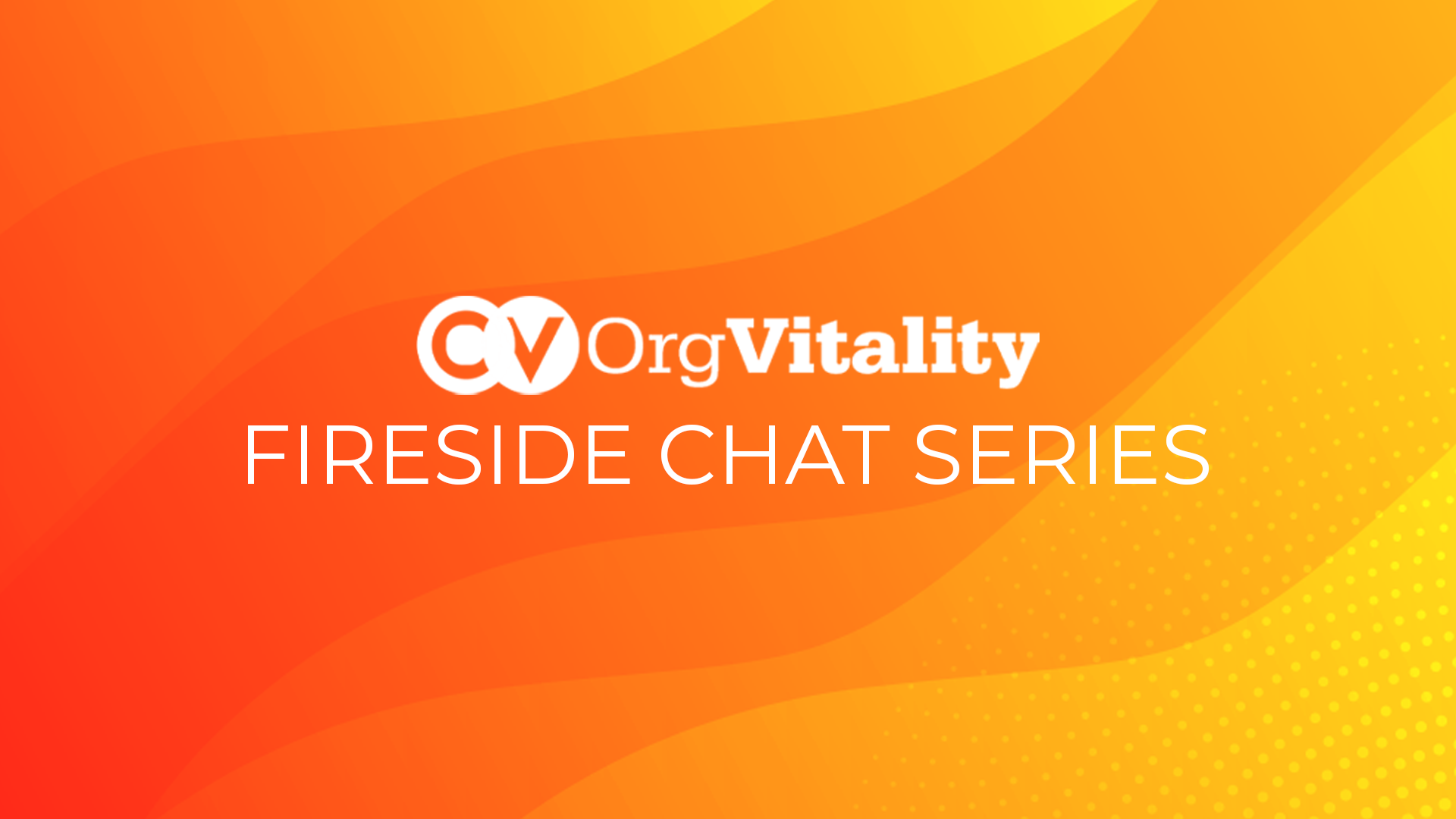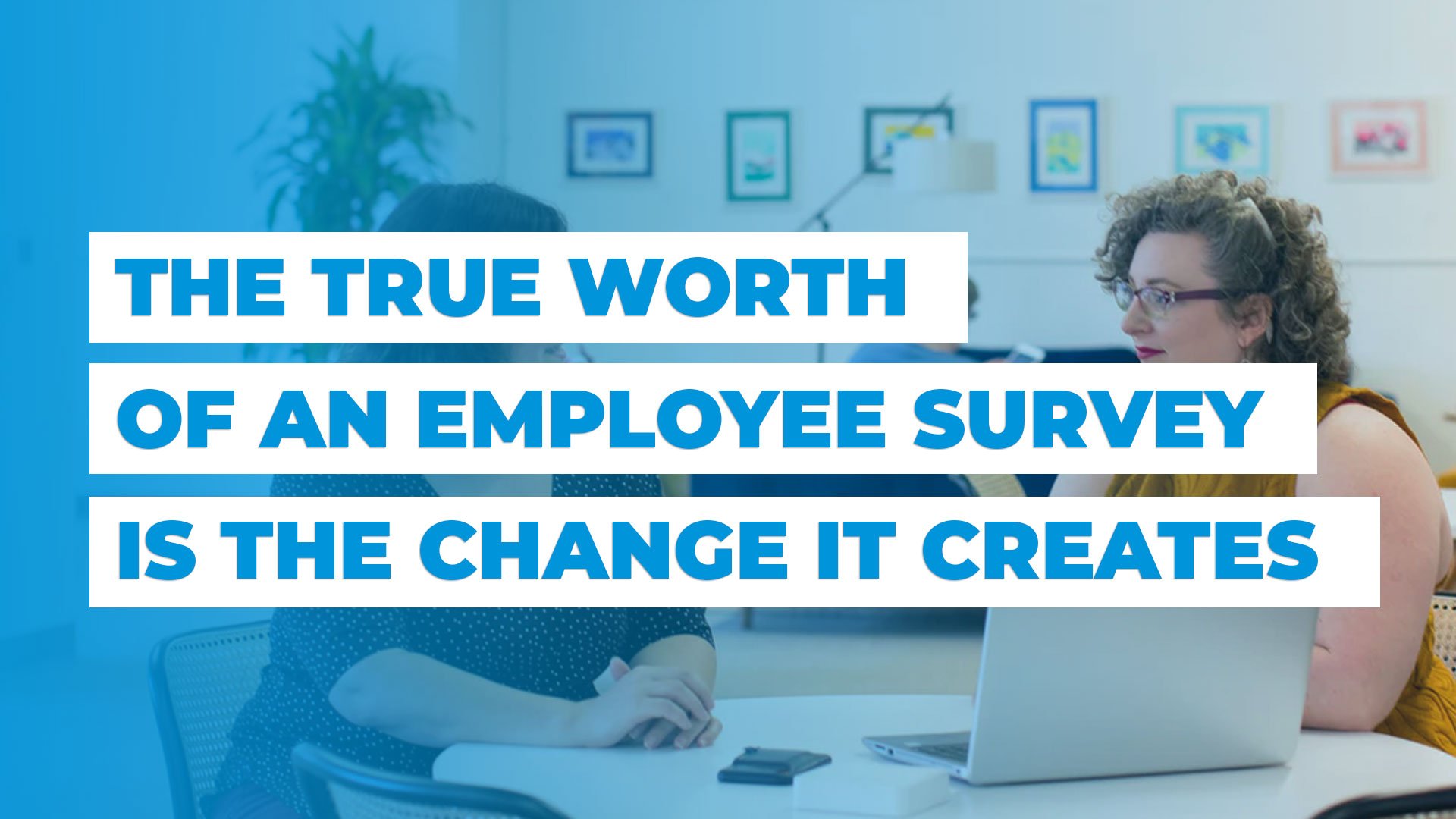
There’s a lot of chatter online about whether employees feel comfortable sharing honest feedback on employee surveys. Many people wonder just how confidential it is, and whether there may be any consequences for negative feedback. It’s up to organizations to foster trust and transparency throughout the entire employee survey process so that the data collected is meaningful.
Build a Culture of Trust and Safety
Creating an environment where employees feel safe to express their true opinions shouldn’t start with the survey process; rather, cultivating a culture where employees feel like their voices are valued no matter what they say is crucial. Leaders must consistently demonstrate that they value honesty and are committed to listening to their employees' voices. One misstep can damage the trust that took years to build and restoring trust can take years longer. Building a culture of listening involves not only encouraging open communication but also responding to feedback constructively. Implementing policies that protect confidentiality can significantly enhance the feeling of safety. When employees trust that their feedback will not be used against them, they are more likely to provide genuine insights.
[Read More: Boost Your Employee Response Rate]
The Importance of Clear Communication
At OrgVitality, we are strong believers in a robust communications plan right from the start of the survey. Preferably, the communications would come from the top of the organization. Share why you are doing a survey. If you have a history of surveying without action, own up to that, and share any commitments to do better. A good communications plan covers the purpose of the survey, who is collecting the data, and how the information will be used. Transparency about these aspects helps reduce skepticism and increases participation rates.
It's also crucial to clarify what managers and leadership will know at the individual level. Reassuring employees that their individual responses will be confidential and only aggregated data will be shared can alleviate fears.
Leveraging Third-Party Survey Vendors
Using a survey vendor enhances the credibility and impartiality of the process. As part of your communications, you can share with employees the name of the survey vendor, and how they handle the data. Survey vendors typically have robust systems in place to ensure confidentiality and data security. By outsourcing the survey process, organizations can assure employees that their feedback is being handled professionally and objectively.
If you truly have a trust problem, you may want to consider an anonymous survey. With confidential surveys, the data is often aggregated so it can be analyzed by various demographics. With anonymous surveys, you won’t have any sense as to the demographic of the respondents unless you ask on the survey. It’s not ideal for understanding the results or identifying pockets of risk, but it may be useful in building back trust if needed.
[Read more: Your Workplace Survey: Do Your Employees Trust You?]
Utilizing Linkage Research for Comprehensive Insights
Linkage research is a powerful tool that connects survey data with other organizational metrics to provide a fuller picture of what is happening within the company. For instance, if survey results indicate that employees do not intend to leave the organization, but turnover rates are high, it’s an indication that employees may not be responding openly on the survey. It may also indicate a need to dig a bit deeper and understand if the turnover is concentrated among some demographic or cohort.
Turning Feedback into Action
The ultimate goal of collecting employee feedback, of course, is driving meaningful change. If employees see that their feedback does not lead to any tangible action, they will eventually stop participating or provide insincere responses. That’s why we offer a full suite of action tools designed to help drive action through all levels of the organization. Making sure managers understand what’s being asked of them and how to accomplish these asks, along with meaningful accountability, greatly improves the impact of your action efforts.
(Check out our eBook Guide: Drive Action With Your Employee Survey Data)
Author

Amanda focuses on business development, including creating branded content, managing special events, and working with clients to enhance their internal communications. Amanda comes to OrgVitality from the media industry, where she had 20 years of experience writing for national magazines, newspapers, online publications, and television news programs. She graduated from Columbia University with a B.A. in English and Comparative Literature




